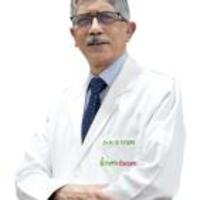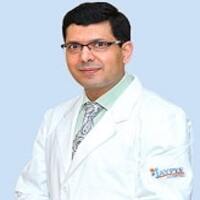Diagnosis and Evaluation
Fetal Echocardiography: An ultrasound performed during pregnancy to detect heart abnormalities in the fetus.
Echocardiogram: A non-invasive test using sound waves to create images of the heart, used to diagnose structural heart problems.
Electrocardiogram (ECG/EKG): Measures the electrical activity of the heart to detect arrhythmias and other abnormalities.
Holter Monitoring: A portable device worn to record continuous heart rhythms over 24 hours or longer.
Cardiac MRI and CT Scans: Advanced imaging techniques to obtain detailed pictures of the heart’s structure and function.
Cardiac Catheterization: A procedure involving a thin, flexible tube inserted into a blood vessel to diagnose and sometimes treat heart conditions.
2. Medical Treatments
Medications: Used to manage heart failure, control arrhythmias, reduce blood pressure, and address other heart-related issues. Common medications include beta-blockers, diuretics, and ACE inhibitors.
Nutritional and Lifestyle Guidance: Advising on diet, physical activity, and lifestyle changes to support heart health.

